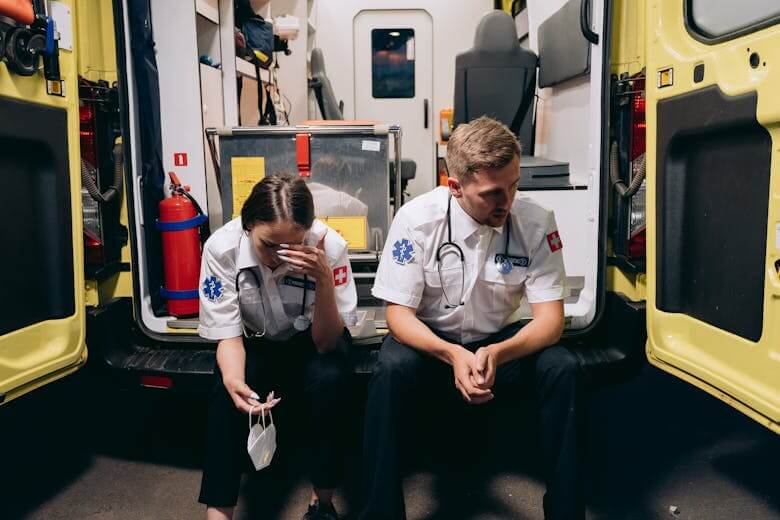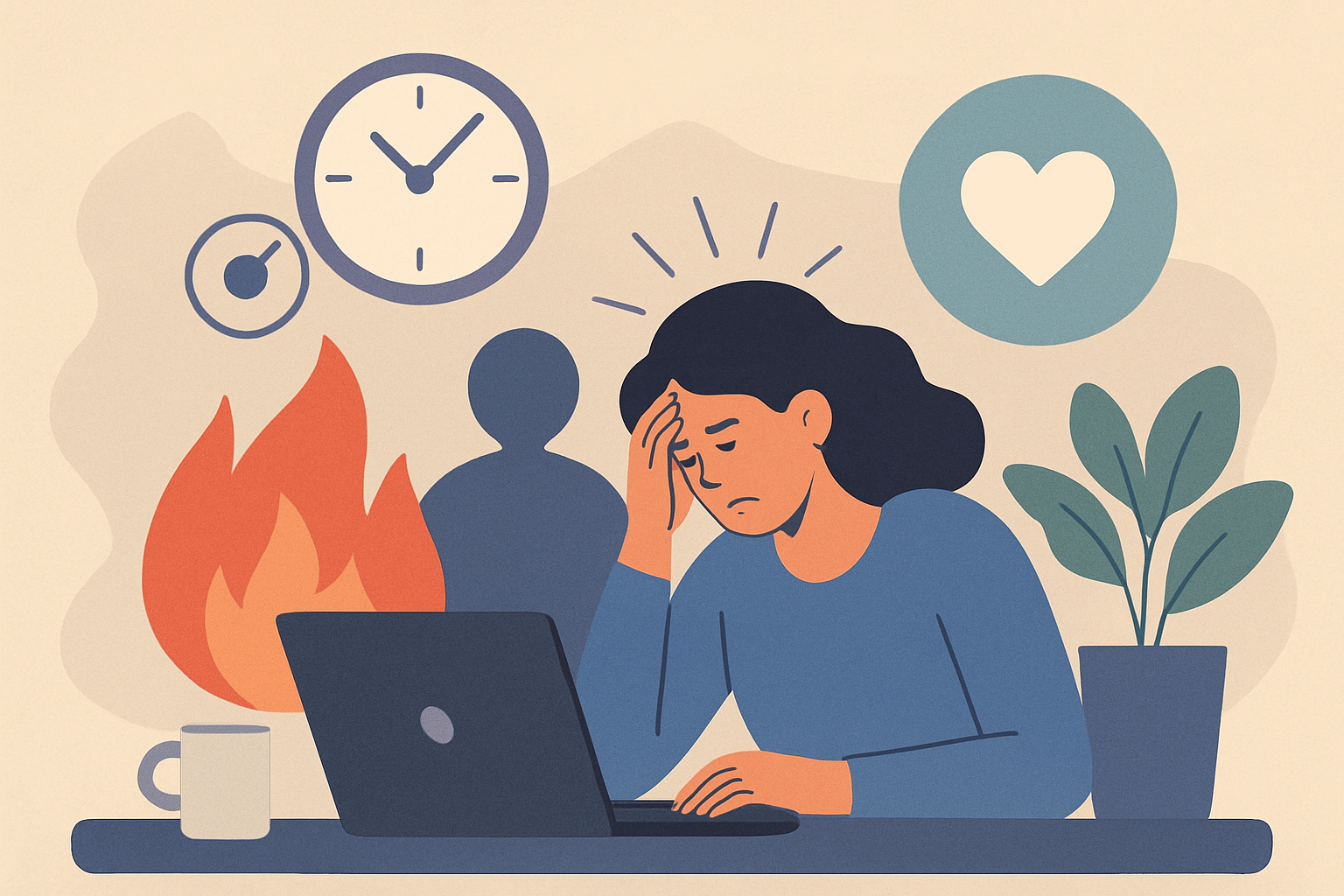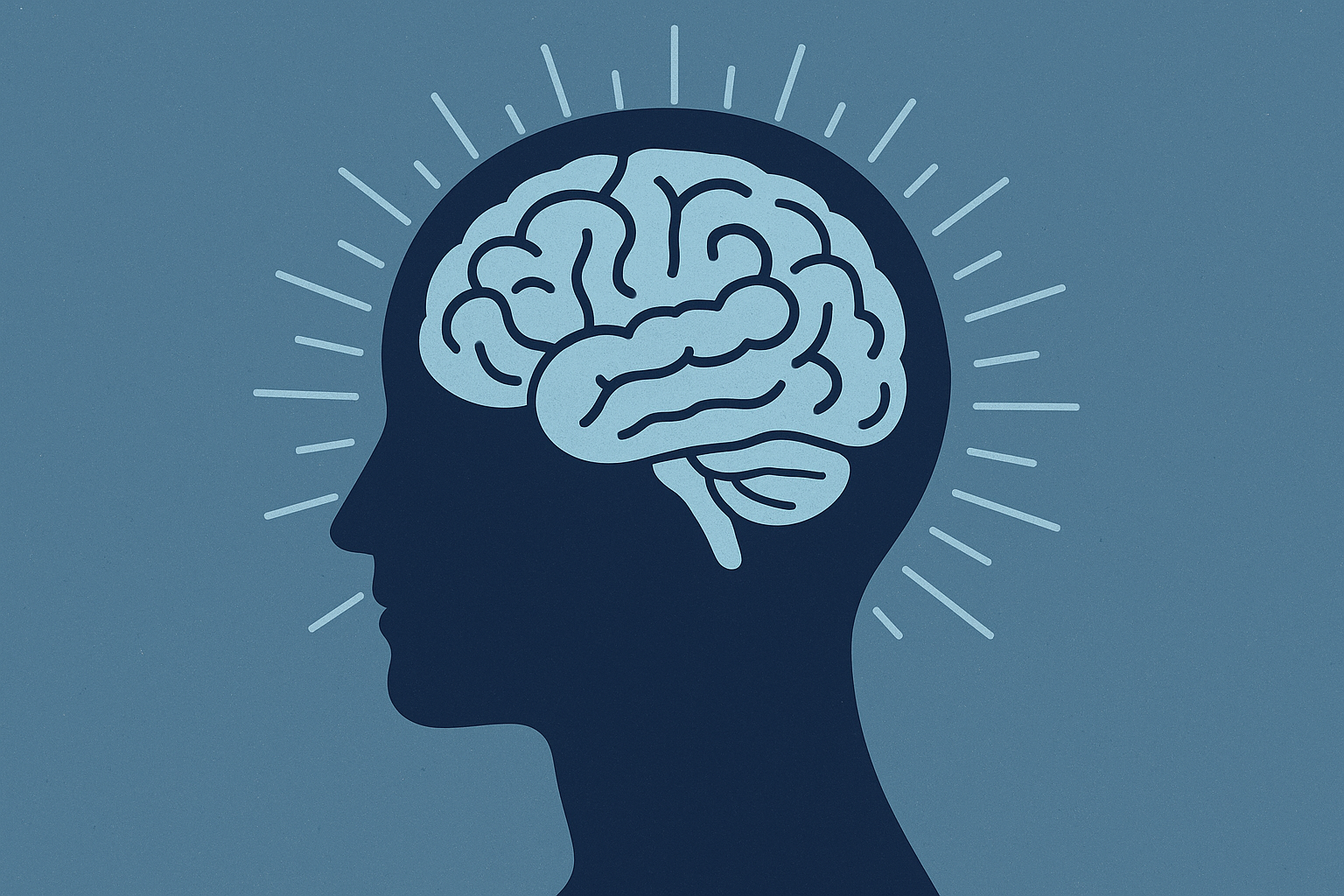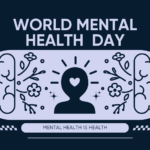Should burnout be included in health education?

“I wish burnout was included in health education.”
That’s what my college junior told me last week.
And honestly—I couldn’t agree more.
We were never taught how to cope.
Only how to perform. And keep performing.
Burnout isn’t just about feeling tired.
It’s about feeling empty… even while doing the one thing you once loved the most.
And in healthcare, it’s everywhere.
→ Long, unpredictable working hours
→ Pressure to deliver perfect outcomes—every time
→ Increasing violence against doctors when things don’t go as expected
→ Slashed professional fees (thanks to insurance caps & government scheme rates)
→ A system that’s becoming more transactional than human
→ And no space to pause, grieve, or even reflect
No wonder we’re seeing more doctors leaving clinical practice…
Or worse, continuing while being mentally and emotionally exhausted.
Burnout is the #1 silent killer of healthcare workers.
But we still don’t talk about it enough.
We still treat emotional exhaustion as “normal.”
It’s not.
If we want to protect the future of healthcare, we have to start by protecting the people who make it possible.
Let’s talk about rest. Let’s normalise boundaries.
Let’s bring empathy back—not just for patients, but for the professionals too.
To all my fellow doctors and medical students:
You matter.
Not just for the work you do, but for the human you are.
What’s one thing you wish your school had taught you—beyond the textbooks?
This blogpost was originally published on LinkedIn.





